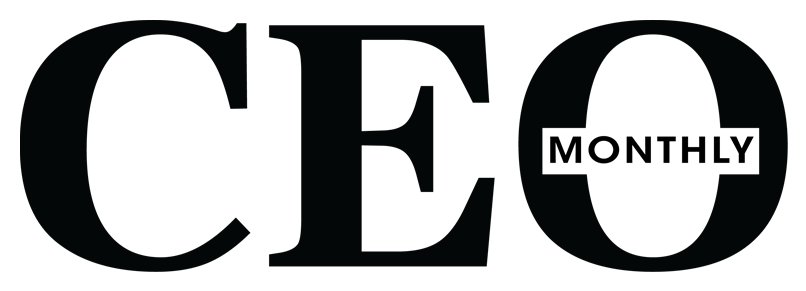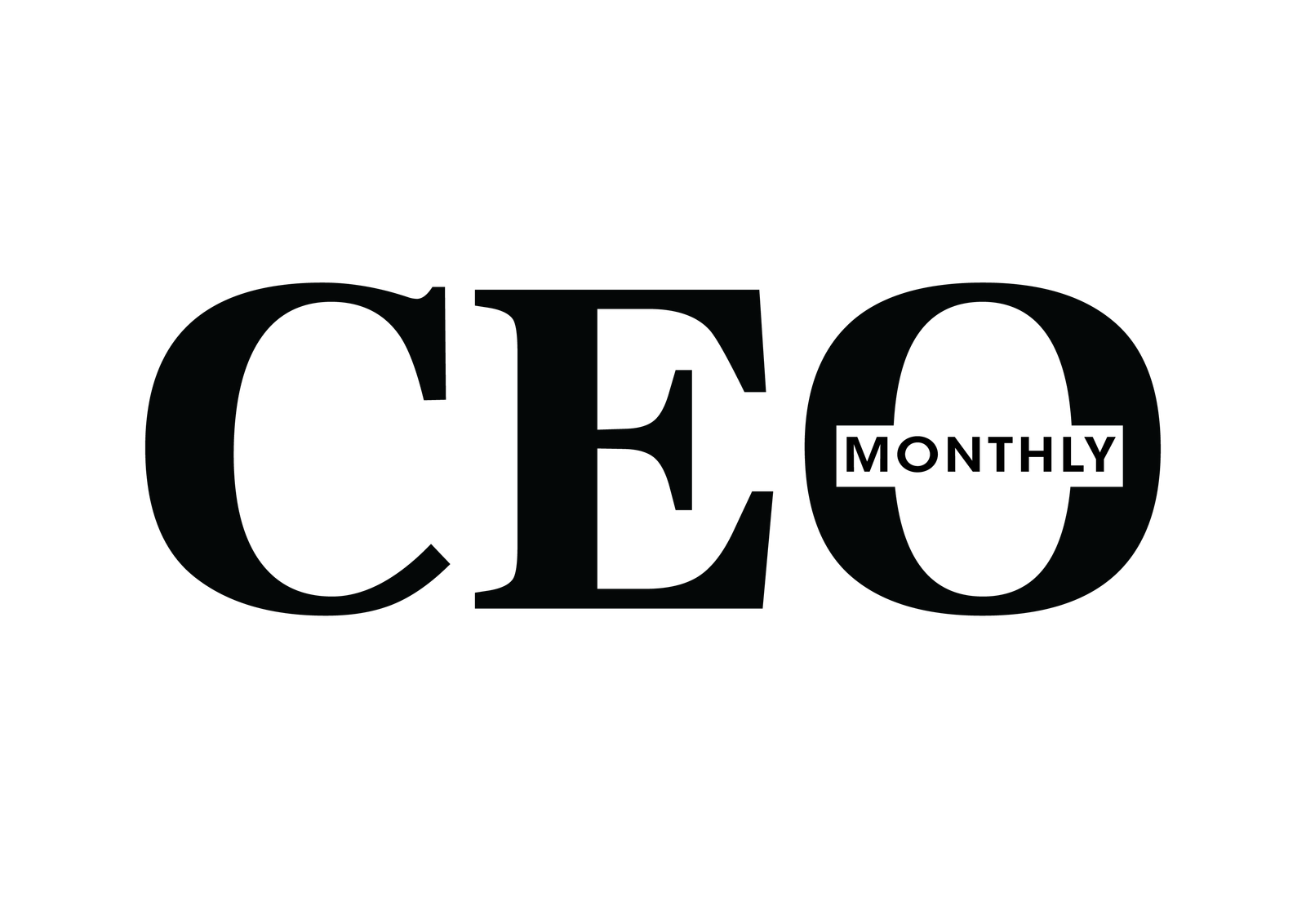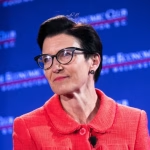“At the end of the day, I wanted to provide value to consumers.”
Dustin Lemick
Dustin Lemick is the founder and CEO of BriteCo, an innovative insurance technology company that is transforming the retail jewelry appraisal and insurance experience for the digital age. Launched in March 2019, BriteCo currently holds insurance licenses in all 50 states plus Washington DC. Prior to founding BriteCo, Dustin was the president of his family’s jewelry business, Cy Fredrics Jewelers, a luxury jewelry and watch company in the north suburbs of Chicago. Cy Fredrics Jewelers was founded by Dustin’s grandfather, Cy Lemick, in 1958.
After graduating with a degree in economics from the University of Wisconsin-Madison, Dustin received his gemological degree from the Gemological Institute of America. He also holds an insurance producer’s license in all 50 states plus Washington DC. Dustin has been processing and handling jewelry claims for 13+ years for large primary insurance companies such as State Farm, Allstate, Chubb, and Farmers. He has in-depth, proficient knowledge and expertise in appraisal systems, diamond and gemstone markets, retail pricing models, insurance replacement models, and pricing systems.
Dustin is incredibly passionate about team building, efficiencies, and innovation. Leading BriteCo, he is dedicated to helping brick and mortar retail jewelers reach younger audiences and thrive in a highly competitive retail environment. When not working or spending time with his family, Dustin likes to research and collect vintage watches.
We’re happy that you could join us today! Please introduce yourself to our readers. What’s your story?
Dustin Lemick: I’m happy to be joining you! My name is Dustin Lemick and I’m the CEO of BriteCo. My background is in the jewelry industry, as my grandfather founded my family’s retail jewelry business in the 1950s. BriteCo is a jewelry and watches insurance company that was founded out of my personal frustrations with the status quo around insurance in the industry.
CEOs and leaders usually have different motives and aspirations when getting started. Let’s go straight to the beginning. What was your primary goal for starting your business? Was it wealth, respect, or to offer a service that would help improve lives?
Dustin Lemick: I wanted to solve problems and make people’s lives easier. I saw numerous issues for consumers, jewelers, and insurance companies around the jewelry insurance process. I knew there had to be a better way. I’m obsessed with efficiency and I’m always looking to improve inefficient processes. At the end of the day, I wanted to provide value to consumers.
Tell us about 2 things that you like and two things that you dislike about your industry. Share what you’d like to see change and why.
Dustin Lemick: I’ll start with two things I dislike, as that will feed directly into the things I like about my industry.
The two things I dislike about the industry are the painfully slow-moving players and the overbearing regulatory environment. Insurance is a complicated industry and there are many stakeholders throughout the entire value chain. On top of that, the industry is regulated on a state-by-state basis. As you can imagine, this creates an incredibly slow-moving ecosystem.
The two things I like about the industry are the painfully slow-moving players and the overbearing regulatory environment. Yes, I like and dislike the exact same thing. This environment creates an incredible opportunity for disruption and improvement in a very large industry if you stay committed to what is best for the consumer. As a result, incumbents are asleep at the wheel and slow to adapt. In turn, this creates opportunities for startups to bring true innovation and adaptation, if they can work within the framework. It also creates very natural moats if you’re able to break in.
I would love to see less regulatory scrutiny and a more willingness to adapt to innovative solutions on the part of regulators, as this is clearly the way of the future.
Companies around the world are rapidly changing their work environment and organizational culture to facilitate diversity. How do you see your organizational culture changing in the next 3 years and how do you see yourself creating that change?
Dustin Lemick: BriteCo is only 3 years old and I have an incredible opportunity to build a company from the ground up. With this comes responsibility. I consider it one of my highest duties when it comes to improving the lives of the people around me, and that starts with creating a happy, fulfilling, and stimulating work environment. Diversity is at the core of this mentality. I firmly believe that a company operates most successfully when it builds upon different cultures, different viewpoints, and ultimately an open mind for different solutions to problems.
According to the Michigan State University “An organization’s culture is responsible for creating the kind of environment in which the business is managed, and has a major impact on its ultimate success or failure.” What kind of culture has your organization adopted and how has it impacted your business?
Dustin Lemick: As I mentioned, our organization is quite young and ever-changing. With that, we’ve adopted an incredibly open and honest culture. (I would add here) Work-life balance has been a focus from the start. COVID brought that to a whole new level – the importance of this commitment was highlighted and we have focused extra hard on emphasizing it.
Culture happens no matter what, whether it’s intentional or unintentional. I try to take an extremely intentional approach to create culture. It doesn’t matter your company size, and is probably even more important to do early if you plan on scaling – the longer you wait and the bigger you get, the more difficult it will be to get it right. If you let culture just happen, you will most likely fail at creating an optimal environment. As the founder of BriteCo, it’s critical that I fully embody our company ideals and walk the walk. It starts with me.
Richard Branson once famously stated “There’s no magic formula for great company culture. The key is just to treat your staff how you would like to be treated.” and Stephen R. Covey admonishes to “Always treat your employees exactly as you want them to treat your best customers. What’s your take on creating a great organizational culture?
Dustin Lemick: I completely agree with these quotes. These are essentially great re-statements of the Golden Rule. Culture absolutely starts with treating people kindly and empathetically. I believe heavily in servant leadership and being a support pillar for my people. I also believe in personal accountability and giving folks room to operate. People do their best work when they’re fully trusted, but also accountable for their tasks. It’s all about ownership. One of the best parts of building a company is allowing its employees to feel a true sense of ownership, as we’re all building the company together. Ultimately, these things create a great organizational culture.
The overwhelming majority of more than 9,000 workers included in a recent Accenture survey on the future of work said they felt a hybrid work model would be optimal going forward, a major reason for that being the improved work-life balance that it offers. How do you promote work-life balance at your company?
Dustin Lemick: I don’t micromanage and I let our people work how they want to, on their terms. Most of our employees are in-office full time. This is because we create a great work environment and it’s a fun place to be! With that said, we also have employees that work almost exclusively remotely. It’s all about flexibility and this comes full circle back to ownership.
How would you describe your company’s overall culture? Give us examples.
Dustin Lemick: At BriteCo we have an open, inclusive, and fun culture. We play music at work. We have lunch together. We regularly have impromptu meetings. We like each other! (I would add here) Really this is just a byproduct and support for creating an atmosphere of trust. As an insurance company, every mistake or misjudgment can be expensive. But we have mistakes made at least twice a month in making a decision that costs money. Punishment or heavy-handed reactions would lead to the hiding of the mistakes. Instead, we have weekly meetings to discuss what happened and how to improve it. The culture of trust and learning facilitates more knowledge and fewer mistakes.
It is believed that a company’s culture is rooted in a company’s values. What are your values and how do they affect daily life at the workplace?
Dustin Lemick: A company’s culture is absolutely rooted in its values. Our values at BriteCo are inclusivity, trust, passion, fun, and positivity. Startups are challenging in that there are hundreds of things moving simultaneously. It’s rewarding and fun because our values help dictate our culture, which ultimately creates our environment.
An organization’s management has a deep impact on its culture. What is your management style and how well has it worked so far?
Dustin Lemick: My management style is heavily rooted in servant leadership. I believe a leader’s main purpose is to be a strong support pillar. I consider it a great responsibility (and opportunity) to positively impact the people’s lives around me. So far, so good!
Every organization suffers from internal conflicts, whether functional or dysfunctional. Our readers would love to know, how do you solve an internal conflict?
Dustin Lemick: The first step to solving internal conflict is through communication, openness, and honesty. You must address issues head-on or they will only grow worse. It’s also really important to identify and address issues early, or they will spread like wildfire.
According to Culture AMP, Only 40% of women feel satisfied with the decision-making process at their organization (versus 70% of men), which leads to job dissatisfaction and poor employee retention. What is your organization doing to facilitate an inclusive and supportive environment for women?
Dustin Lemick: About half of our company is women. If you fail to support a large portion of your organization, this puts you at a serious disadvantage. According to Gallup, in 2020 54% of employees are “not engaged” and 14% are actively disengaged. This is terrible for the employees and the company! It wouldn’t surprise me if the stat you mentioned that only 40% of women feeling satisfied with the decision-making process heavily affect those women’s engagement at work.
Currently, we are small, so I have the opportunity to meet with every woman in our organization 1on1 and offer a safe space to actively ask what we can do better. As we grow and this changes, we have a commitment to having women leadership on our team and having the same ability to be open about what we need to do to support.
What role do your company’s culture and values play in the recruitment process and how do you ensure that it is free from bias?
Dustin Lemick: Our company’s culture and values play a huge part in our recruitment process. This is where it all starts! If you don’t hire the right folks it makes it nearly impossible to impart the true culture you want. We try and have a very objective and straightforward process that we follow to ensure that it’s free from bias. Like everything we do, it is a comfort with looking back and saying “Could we have done better” and “what did we learn”
We’re grateful for all that you have shared so far! We would also love to know if there was one thing that you could improve about your company’s culture, what would it be?
Dustin Lemick: I wish we were able to socialize more outside of work. We try to plan as many events as we can, but people are busy these days and people are often at different life stages. Trying to have events that everyone wants to partake in is something we can work to improve!
This has been truly insightful and we thank you for your time. Our final question, however, might be a bit of a curveball. If you had a choice to either fly or be invisible, which would you choose and why?
Dustin Lemick: I would prefer to fly. Skydiving (which is basically flying) was one of the coolest experiences of my life. Also, being invisible feels creepy and dishonest. I want to be seen and heard!
This interview was originally published on ValiantCEO.
Lenora Hatfield
I'm Lenora Hatfield, a seasoned writer specializing in the realms of business, finance, leadership, and corporate governance. With a keen interest in the dynamics of organizational success, I delve into topics such as marketing strategies and workforce development to offer practical insights and actionable advice.



